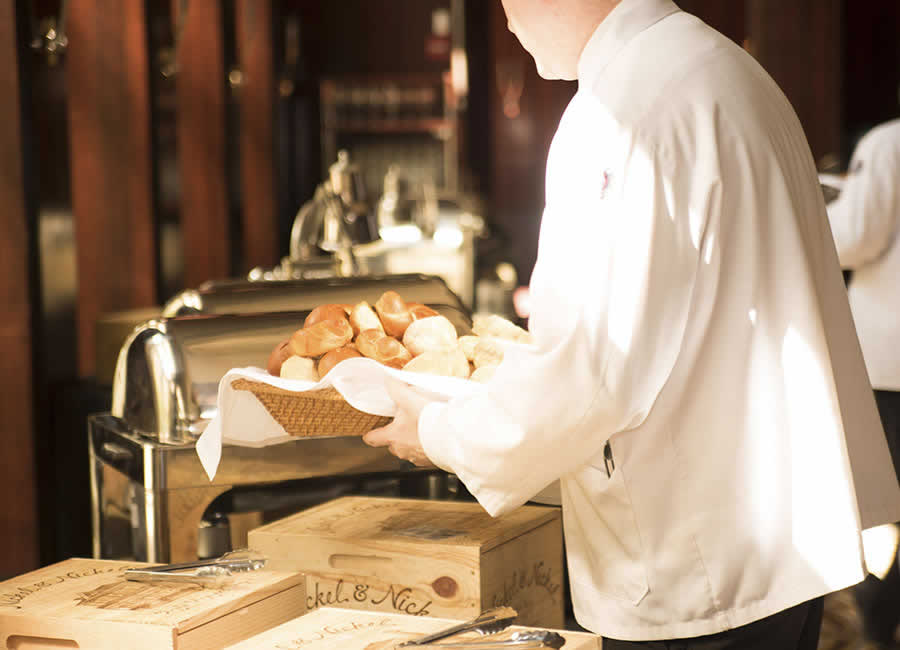
Aenean suscipit nulla in justo
Suspendisse cursus rutrum augue. Nulla tincidunt tincidunt mi.

Quisque eget nisl id nulla sagittis auctor quis id. Aliquam quis vehicula enim, non aliquam risus.









Ut velit mauris, egestas sed, gravida nec, ornare ut, mi. Aenean ut orci vel massa.
Ut velit mauris, egestas sed, gravida nec, ornare ut, mi. Aenean ut orci vel massa suscipit pulvinar. Nulla sollicitudin.
Curabitur aliquet pellentesque diam. Integer quis metus vitae elit lobortis egestas.




Quisque eget nisl id nulla sagittis auctor quis id. Aliquam quis vehicula enim, non aliquam risus.

Etiam materials ut mollis tellus, vel posuere nulla. Etiam sit amet massa sodales aliquam at eget quam. Integer ultricies et magna quis.

Etiam materials ut mollis tellus, vel posuere nulla. Etiam sit amet massa sodales aliquam at eget quam. Integer ultricies et magna quis.

Etiam materials ut mollis tellus, vel posuere nulla. Etiam sit amet massa sodales aliquam at eget quam. Integer ultricies et magna quis.